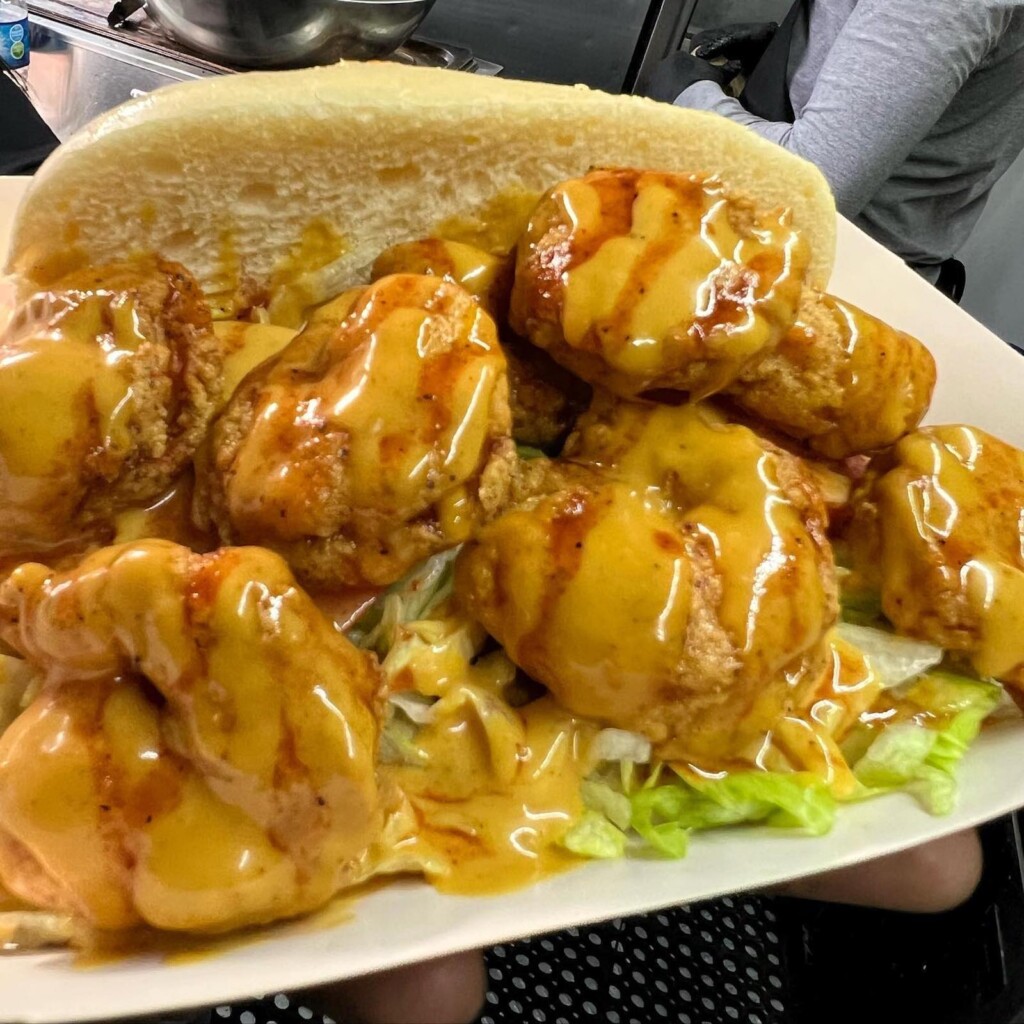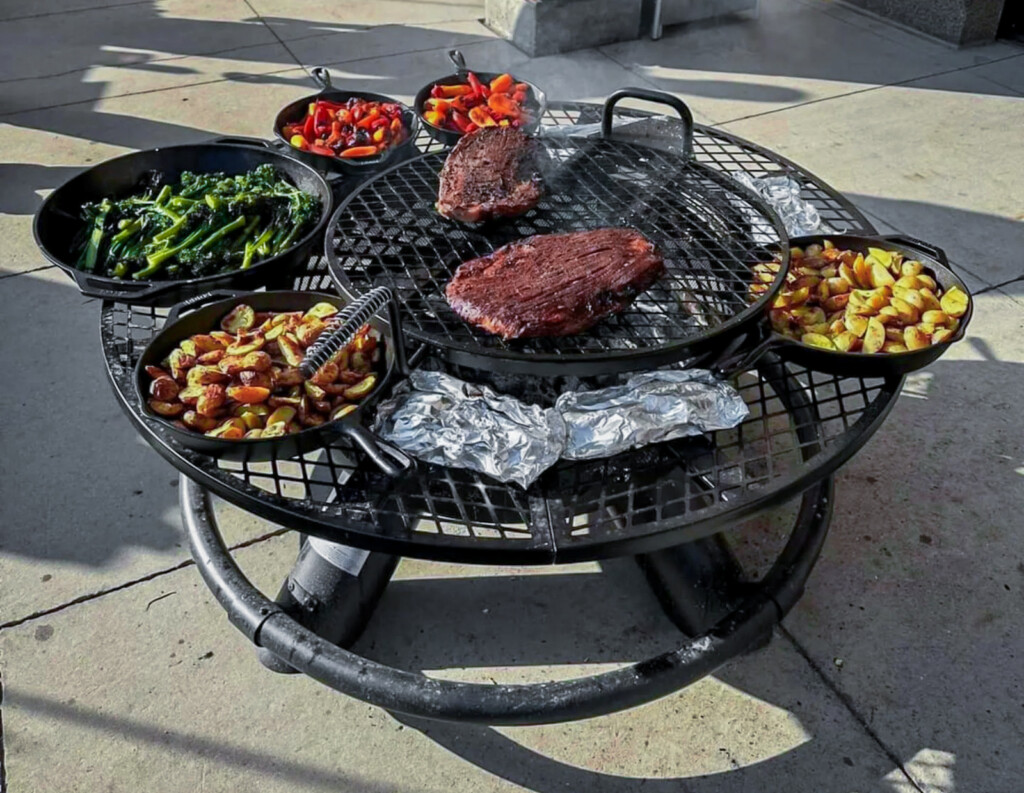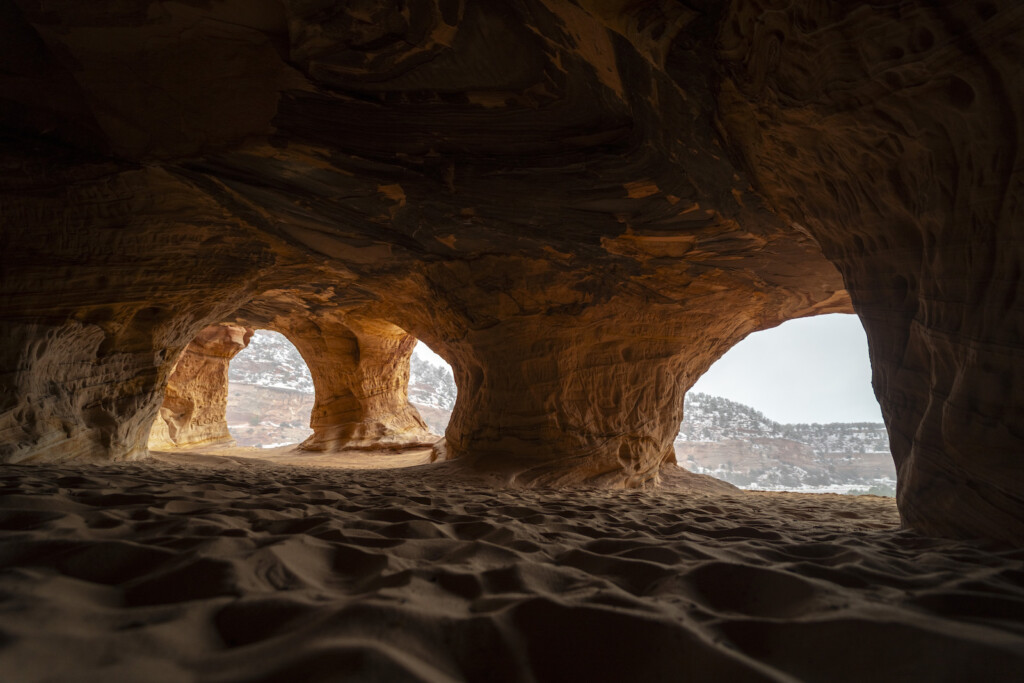Croydon UT—The Wilde family is now in their sixth generation of raising 2,800 sheep and 300 head of cattle on 17,000 acres. But despite having all of these animals and all this land, the Wildes earn close to nothing on the livestock. Instead, their living is made from the wildlife.
In a changing trend of both consumer demand for wild game, which is healthier, and the growing popularity of hunting bull elk and buck deer, the demand for wildlife over livestock, in the words of Albert Wilde, “has been a game changer.”
Dozens of newborn lambs are suckling in the shade of their mothers. Today is warm, and streams are overflowing, flooding the green fields. This rich grassland valley was traditionally home to over 140,000 head of sheep,” says Albert, who is taking me on a tour of his sheep ranch. “Today there is less than half that many.” At the base of the valley, where a ranch once was, stands a massive concrete factory.
The Wilde’s ranch has survived intact for generations by maintaining the custom of the oldest son in the family inheriting sole ownership. “As soon as you subdivide property, that’s the beginning of the end.” says Wilde. But for the first time, Albert Wilde is the second-oldest, and his older brother and younger brother are able to stay on the farm and raise their children, all thanks to monetizing the wildlife.
Twenty years ago, the Utah Division of Natural Resources established the Cooperative Wildlife Mangement Unit (CWMU). This program rewards Utah ranchers for protecting and preserving the wildlife on their property by being allowed to sell tags to outfitting companies.
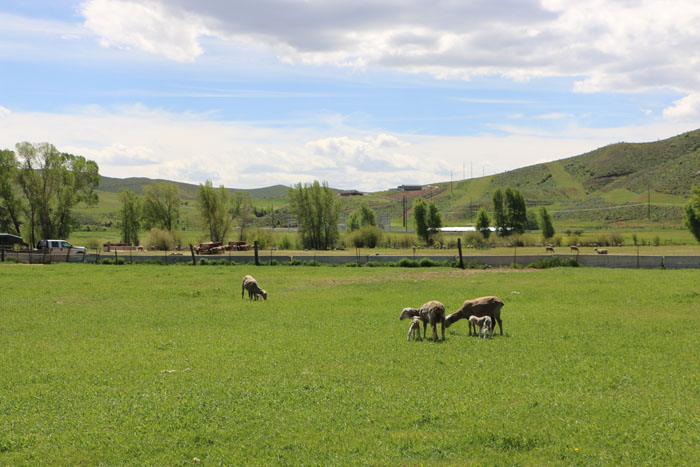
“Without it there is no way we would be able to maintain our ranch,” Albert explains. He says that for ranchers, wildlife is a nuisance, because predators often prey on the animals they are trying to raise. “So, our options are that we could just go out and kill all the wildlife. But we like the wildlife, and we want to be good stewards of the land, and find ways to make it so we can raise our animals and also keep the wildlife.”
Wilde says that his grandfather and previous generations had the wildlife cooperation mindset, and as it became apparent that there was abundant wildlife on their ranch, more friends were asking to hunt on their property, which they allowed. “But the problem was, people would get their vehicles stuck, or perhaps they would get lost. And who are you going to call if this happens? You will call the property owner. And what if they start a fire and burn everything down? We didn’t want to be the bad guys.”
Wilde says that they now negotiate directly with outfitters to sell a number of tags that the CWMU allows, and ten percent of the tags go to the State of Utah’s pool of tags for Morgan County. Wilde says that it’s due to this that his family, as well as his two brothers and their families, have been able to stay in Croydon, acting as land stewards as much as traditional ranchers. Wilde has seven boys, twins Jacob and Caleb, Ian, Sterling, Gilbert, Alton and Timothy. They take me on a tour of their work area where they care for baby lambs and raise chickens. “Do you kids like working on the farm?”
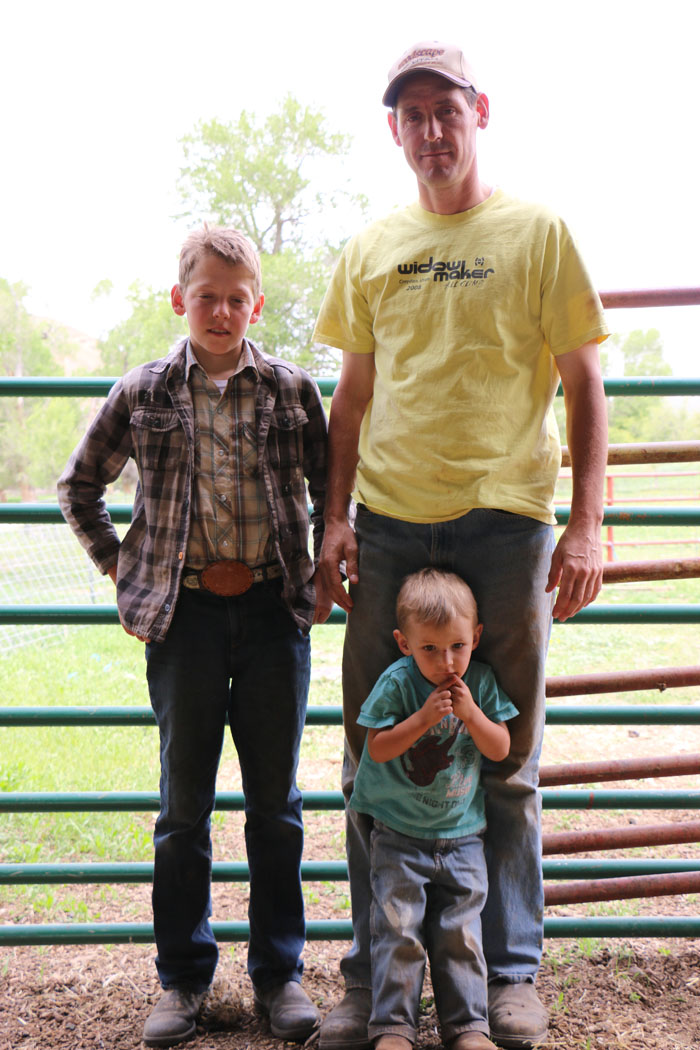
“Yes!” the boys reply in unison.
“Do you kids ever go and visit the city?”
Ian tells me they go to Salt Lake about once a week to visit their grandma. Albert’s daily routine includes caring for the lambs and ewes, which might have birthing or feeding problems. He leaves the work of shepherding to guest immigrants.
The Wilde family employs H-2A guest workers from Peru. This past spring, one guest worker they have employed for years, Ela, called them and said the Peruvian Government was expecting a $500 bribe to be paid “to find his paperwork. “Well, tell them we won’t pay,” Albert said. The worker’s visa was then sent to the northern part of the country, which required an extra week of travel for the worker. Albert says it requires a lot of skill to be a good shepherd and it’s been worth the hassle to go through the complicated guest-worker program. He just hopes that attempts to collect bribes don’t continue.
Albert says he is often asked why he even bothers with the sheep and cows if he can just maintain the wildlife instead. His answer: “What else would I do?” Albert says the CWMU covers the salaries for himself, his father and two brothers, and that the sheep and cows on a good year might earn a total profit of around $20,000, “Which we really need to carry over because on a bad year we could end up losing that much.”
Partly because of this program, Croydon has become “a place for rich people to buy property.” The ranch bordering the Wilde’s sold, and then, just nine months later, sold again for $9 million more than the original amount to a single, “very wealthy man who bought the property primarily for hunting.” Albert says the owner is bothered by why the Wilde’s ranch has so much more wildlife than his own, despite his having far more acreage.
The landowner thought they were possibly baiting or enticing the wildlife to graze there. Wilde says it’s because the grazing of the sheep, followed by the cows, makes the rangeland more fertile and the grasses more desirable for wildlife. This produces more abundant wildlife habitat than would be possible if there were no sheep or cows. Wilde also understands the feeding requirements for both elk and deer, and he manages his rangeland to accommodate both.
“People also ask us why we don’t become an outfitting company. “Because,” Albert says, “we would be spending all of our time taking care of that, and we wouldn’t have time to take care of the animals and land.” Albert is very aware that there are just 24 hours in a day, and it’s best to focus on things that matter. Albert and his wife Karen home-school their children. They spend all day with all of their very well-behaved children, and it’s clearly the lifestyle they feel is best.
Wild Valley Farms has started a side business turning sheep’s wool into fertilizer. Read the story on page 28 of our June, 2017 issue.


